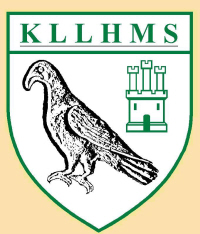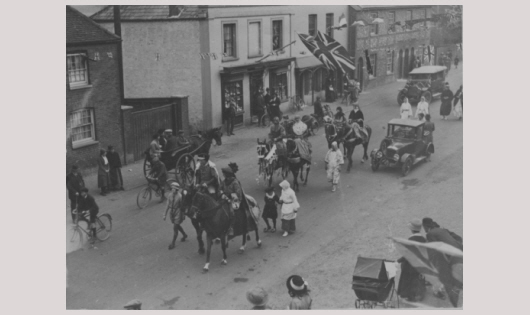May Day In Kings Langley
Following the 1st World War (the war to end all wars!) there was, in the village in 1922, a grand 'Merrie England' procession culminating in the crowning of the May Queen, Miss Olive May Butler. Following the 2nd World War there followed a succession of May Day celebrations particularly in the 1950's. These community celebrations took the place of a much older, previously long standing custom.
Throughout the 19th century the young girls of the village would take a branch of May in the morning of the first day of May - May Day - call in on the well-to-do people, singing a May Day song and ask for a few pence and a drink. For the youngsters this must have been an exciting event. There were many local variations of both the song and the tune. This village version, was however, collected and re-written as a hymn, published in 1906, with the tune named ‘Kings Langley’. Some of the popular time-honoured words of the familiar May Day folk song are sung here to our local tune.
In her diary entry for the 1st of May 1822 Ann Dickinson recorded that, ‘May girls came round by scores’. Her nephew John Evans, in 1840, was met by, ‘a small band of village children with a doll enthroned in a flower decked chair. As soon as they saw him they bore down upon him, and began to sing in shrill voices a lilting little song about a branch of may.... He paid his pennies willingly and went on his way in good heart.’
The girls' May Day custom died out when compulsory attendance at school was increasingly enforced and the event became institutionalised within school activities such as Maypole Dancing. May Day subsequently became more organised and processions involving a May Queen and her attendants featured locally in the early and mid 20th century.
The May blossom along the Hempstead Road (A4251), from a Hawthorn hedge planted in the 1960’s, may be seen as a splendid annual commemoration of a tradition of young girls ‘going a-maying’, for so long a Springtime custom particularly strong in this area.





